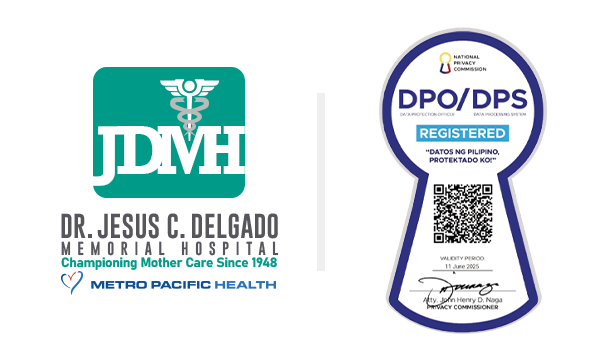For visitors to a patient room, the visiting hours are from 9:00 AM–10:00 PM.
As a courtesy to the other patients, those staying inside the semi-private rooms and wards are allowed to have only two (2) visitors at a time. The other visitors are requested to stay at the lobby while waiting for their turn to visit.
Visitors are likewise advised to refrain from having loud conversations so as not to disturb the other patients.
For visitors to the Intensive Care Unit (ICU), the visiting hours are from:
7:00 AM–8:00 AM
11:00 AM–12:00 NN
7:00 PM–8:00 PM
Patients who are in the ICU are allowed to accept only one (1) visitor at a time.
Visits to the ICU are to remain short to ensure that each patient will get ample and sufficient rest.
